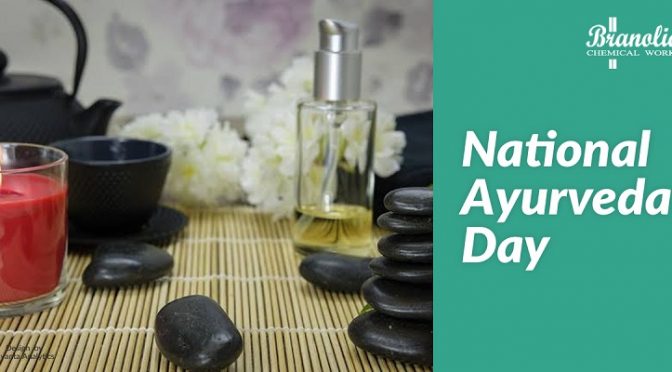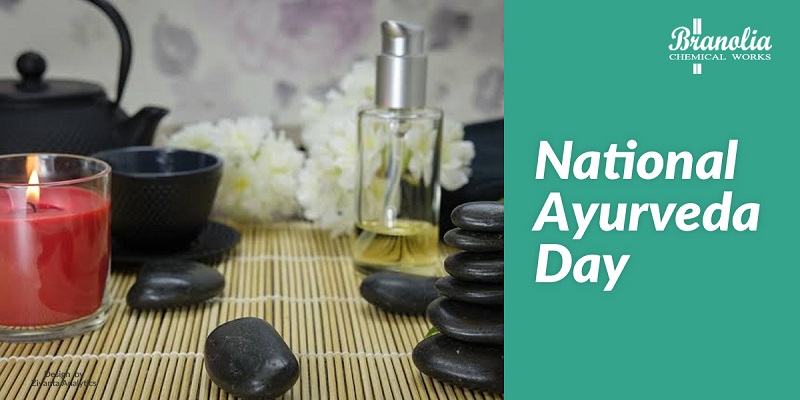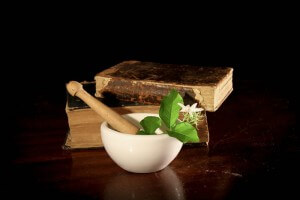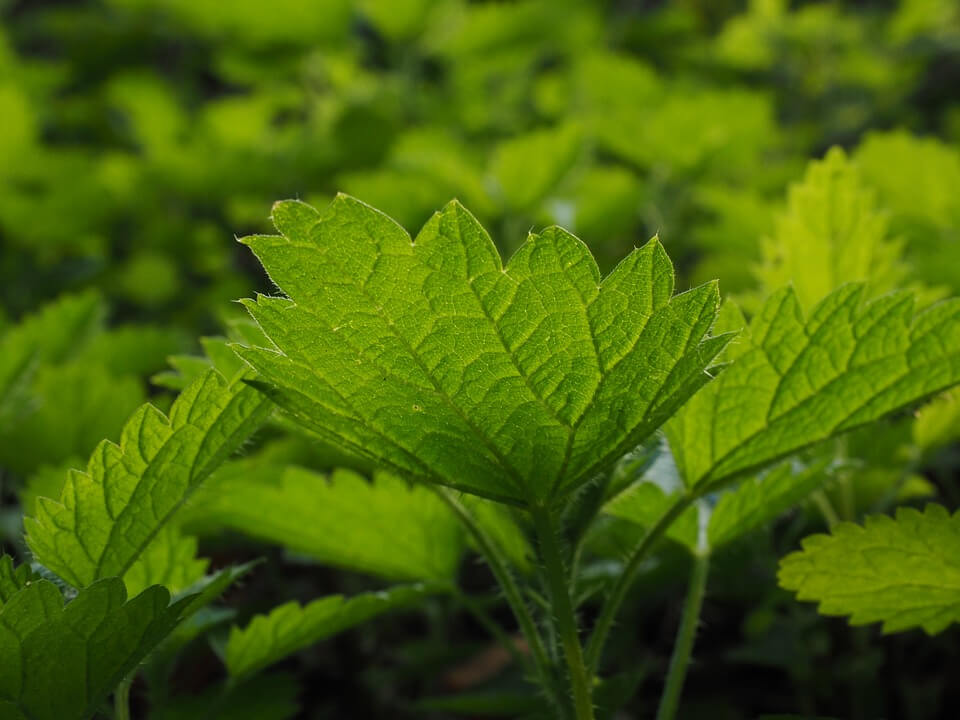
Prana occupies a place of eminence in Ayurveda. This energy is derived from breathing. The breath and the food that we intake runs the body and without prana, the human body will not be able to function. The lungs are the main organs that receive the prana as a person breathes in through the nose or mouth. Thus Ayurveda lays down the fact that uncongested breathing is a necessity for prana or the vital energy of life force to flow throughout the body. Keeping the lungs and the respiratory tract free from any diseases is important for healthy living. However, the respiratory tract is sometimes obstructed due to a) thickening of the airway leading to airway obstruction, b) secretion of mucus resulting in cough and phlegm production and c) disease of the lungs due to their inflammation. The respiratory system comprises of the nose, sinuses, mouth, throat, diaphragm, lungs, bronchial tubes/bronchi, bronchioles, air sacs (alveoli) and the capillaries. For the lungs to perform their best, these airways need to be open and free from any form of inflammation or swelling and extra mucus.
Ayurveda considers the lungs to be important sites for the Kapha dosha. Any respiratory disorder is the effect of an imbalance in the Kapha dosha. Improper digestion can also lead to the formation of mucus will result in respiratory imbalances in the body. Although there can be imbalances in the other doshas( Vata and Pitta) leading to respiratory problems however, people with respiratory ailment are more susceptible to Kapha dosha. The common problems arising out of increased Kapha dosha are:
- Cough and Cold
- Congestion in the airway
- Excess mucus and phlegm
- Swelling and water retention
- Stagnation in the respiratory tract
Ayurveda offers ways to balance out the dosha through lifestyle changes, intake of certain herbs and proper diet.
1. Diet to reduce Kapha Dosha : The diets to reduce Kapha dosha are:
- Avoid heavy foods such as meat and cheese.
- Avoid fatty, fried foods cooked in a lot of oil
- Sip hot water at frequent intervals with lemon and honey with meals and if possible throughout the day
- Including digestive spices in the diet such as ginger, cloves, cardamom, and black pepper is necessary to fight Kapha dosha
- The mid-day meal should be the largest, eating a lighter breakfast and dinner will help in the process.
2. Lifestyle Changes to balance out the Kapha dosha: The key lifestyle changes necessary to maintain a healthy lung is to:
- Exercising regularly is essential as it increases the breathing rate to meet the body’s demand for oxygen. This, in turn, helps to enhance the lung capacity keeping them functioning optimally.
- Breathing exercises or Pranayama helps in cleansing the body while calming the mind. The practice of controlling the breath bolsters the functioning of all the respiratory organs.
3. Use of Herbs : Ayurveda also recommends certain herbs like Vasak, pipul, tulsi, jasthimadhu to enhance lung function. Bitocough from the house of Branolia Chemical Works is an excellent tonic to fight the Kapha dosha in the body. This tonic is enriched with the goodness of vasak, tulsi, jasthimadhu, pipul and some other herbs is a tonic which can be used by people of all ages. Vasak presents in Bitocough helps to fight both dry and cold cough and relief sore throat. All the ingredients present in this tonic help fight respiratory tract infections and give immediate relief from problems related to the formation of mucus and phlegm.
Bitocough brings with it about a hundred years of expertise of Branolia Chemical Works in fighting cough and cold.











 Ayurvedic medicine is mainly directed towards regulation of the human immune system for curing various medical disorders without any undesirable side effects. This approach provides a treatment option for a number of immune-related disorders and chronic bacterial infections. Ayurveda understands health as a reflection of a man living in harmony with nature and disease arises when this harmony gets disturbed. In the ancient times, Rishis and sages believed in Ayurvedic herbs as the solution to cure a number of health problems and diseases. They conducted thorough studies and experimented with these herbs before arriving at any conclusion regarding the accuracy of the medicinal values of the herbs tested and their effectiveness in treating various ailments and diseases. Branolia Chemical Works with a legacy of over more than 95 years believes in the efficacy of Ayurveda and herbs to treat diseases. The best known Ayurvedic cough syrup, Bitocough from the house of Branolia is both effective and has been developed after years of research.
Ayurvedic medicine is mainly directed towards regulation of the human immune system for curing various medical disorders without any undesirable side effects. This approach provides a treatment option for a number of immune-related disorders and chronic bacterial infections. Ayurveda understands health as a reflection of a man living in harmony with nature and disease arises when this harmony gets disturbed. In the ancient times, Rishis and sages believed in Ayurvedic herbs as the solution to cure a number of health problems and diseases. They conducted thorough studies and experimented with these herbs before arriving at any conclusion regarding the accuracy of the medicinal values of the herbs tested and their effectiveness in treating various ailments and diseases. Branolia Chemical Works with a legacy of over more than 95 years believes in the efficacy of Ayurveda and herbs to treat diseases. The best known Ayurvedic cough syrup, Bitocough from the house of Branolia is both effective and has been developed after years of research.
 This important herb is found extensively in India and is popular for treating respiratory tract diseases. All the parts of this plant, the leaves, flowers, roots and even parts of the stem are used for treating cough and cold. It is also used for treating chronic diseases like a whooping cough, chronic bronchitis, and asthma and moreover mostly as an expectorant and antispasmodic. (Source: Pandita K, Bhatia MS, Thappa RK, Agarwal SG, Dhar KL, Atal CK. Seasonal variation of alkaloids of Adhatoda vasica and detection of glycosides and N-oxides of vasicine and vasicinone. Planta Medica 1983; 48:81-82.)
This important herb is found extensively in India and is popular for treating respiratory tract diseases. All the parts of this plant, the leaves, flowers, roots and even parts of the stem are used for treating cough and cold. It is also used for treating chronic diseases like a whooping cough, chronic bronchitis, and asthma and moreover mostly as an expectorant and antispasmodic. (Source: Pandita K, Bhatia MS, Thappa RK, Agarwal SG, Dhar KL, Atal CK. Seasonal variation of alkaloids of Adhatoda vasica and detection of glycosides and N-oxides of vasicine and vasicinone. Planta Medica 1983; 48:81-82.)